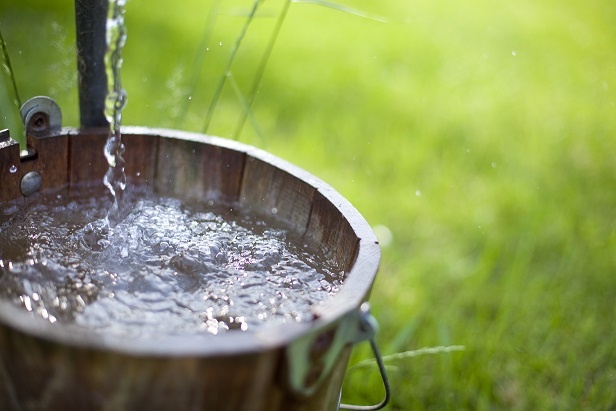 March 6 through 12 marks the 18th National Groundwater Awareness Week. Groundwater is the water that soaks into the soil from rain or other precipitation and moves downward to fill cracks and other openings in beds of rocks and sand. Most groundwater flows directly into streams, rivers and lakes from below.
March 6 through 12 marks the 18th National Groundwater Awareness Week. Groundwater is the water that soaks into the soil from rain or other precipitation and moves downward to fill cracks and other openings in beds of rocks and sand. Most groundwater flows directly into streams, rivers and lakes from below.
Groundwater contamination is of particular concern for owners of the approximately 90,000 private groundwater wells in Arizona used for domestic purposes, including drinking, preparing food, bathing, and watering yards and gardens. Private well owners must manage their own water systems to ensure their water is safe. This includes being aware of common groundwater contaminants in your area and getting your well tested to protect your family. To keep your family safe, follow these guidelines:
· Once a year test for bacteria, nitrates, and other contaminants of local concern
· Once every three years test for heavy metals
· Consider allowing professionals to disinfect large tanks and wells
We all have a role to play in preventing contamination of groundwater. For example, pesticides, herbicides, and fertilizers should be used only in recommended amounts. It’s also important to check the weather before application of lawn chemicals. If it’s about to rain, chemicals could be washed off the lawn and into local streams, rivers or lakes. Properly store hazardous substances in secure containers, mix them over concrete or asphalt where they can be cleaned up if spilled and do not dispose of them by dumping them on the ground, pouring them down the drain or flushing them down the toilet.
If you have questions, local waste authorities can provide guidance about proper disposal. If you have any storage tanks containing hazardous substances, fix or replace them if they’re leaking. For more information on well testing, and what to do if a well is contaminated, please see “Protect Your Health – A Guide for Private Well Owners in Arizona” or visit our Environmental Health Well Water website.









